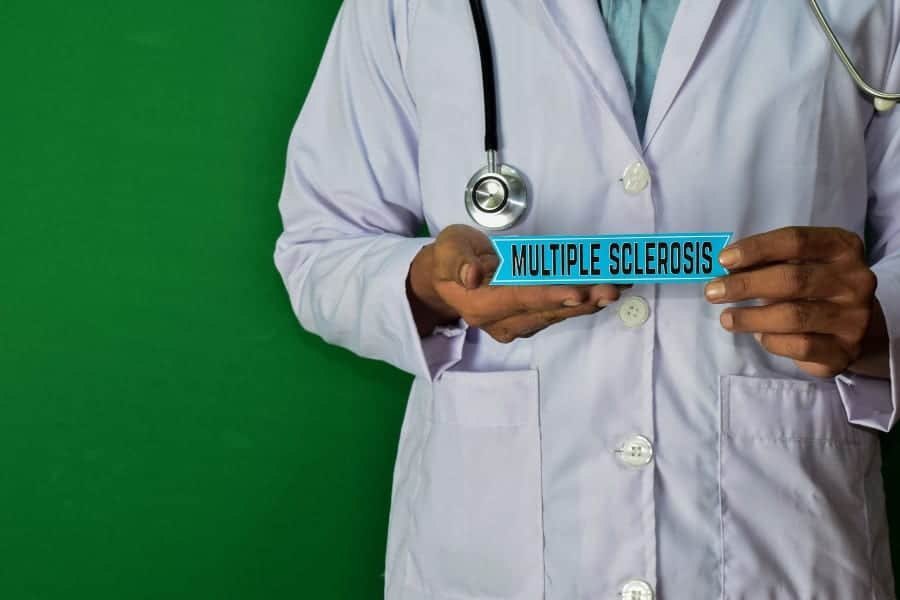A new study will look at diet’s impact on mobility, physical and cognitive function, as well as on pain, fatigue, sleep, mood, and anxiety, in people with multiple sclerosis.
Brooks Wingo, PhD, associate professor in the Department of Occupational Therapy at the University of Alabama at Birmingham, and Amy Goss, PhD, assistant professor in the Department of Nutrition Sciences at UAB, are part of a team awarded a $3.9 million grant from the U.S. Department of Defense to conduct the study.
Wingo is the principal investigator of this four-year project that comes through the Multiple Sclerosis Research Program. It is a follow-up to a pilot trial conducted by Wingo and Goss that was the first to look at the feasibility of the dietary protocol to be used in the current trial. They will be studying a calorie restriction diet and a low glycemic load diet.
The project, titled “Impact of diet quality and calorie restriction on physical function and patient-reported outcomes in multiple sclerosis,” is a multisite effort that collaborates with investigators at Washington University in St. Louis, as well as scientists with UAB’s Marnix E. Heersink School of Medicine and School of Public Health.
Wingo and her team are embarking on a multidisciplinary approach, making the trial one of the most multifaceted and rigorous studies conducted on diet interventions in MS.
“Our primary outcome is physical function,” Wingo said. “But we will also assess cognitive function and collect blood work and imaging to assess other changes.”
Goss explains that those with MS often have gait and balance disorders — combined with losing weight, they are at a greater risk of losing muscle mass, which could worsen their mobility. The imaging analysis will allow Goss to assess whether participants selectively lose fat and maintain muscle mass with a lower glycemic load diet.
“This study is unique because it is highly translatable,” said Goss, who also serves as assistant director of the Metabolism Core in the UAB. “We not only have the potential to change the lives of the people directly involved in the study but hopefully to improve health outcomes for all people living with MS. Our findings could possess the potential to change clinical care when it comes to multiple sclerosis.”
The study is designed to maximize adherence. In addition to food supply, participants will receive weekly phone calls with a team member to go over goals and meal preparation. They will also log their meals inside a research portal, making it user-friendly on both sides of the study.
The projected launch date for the program is November 2022.





